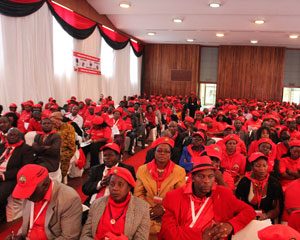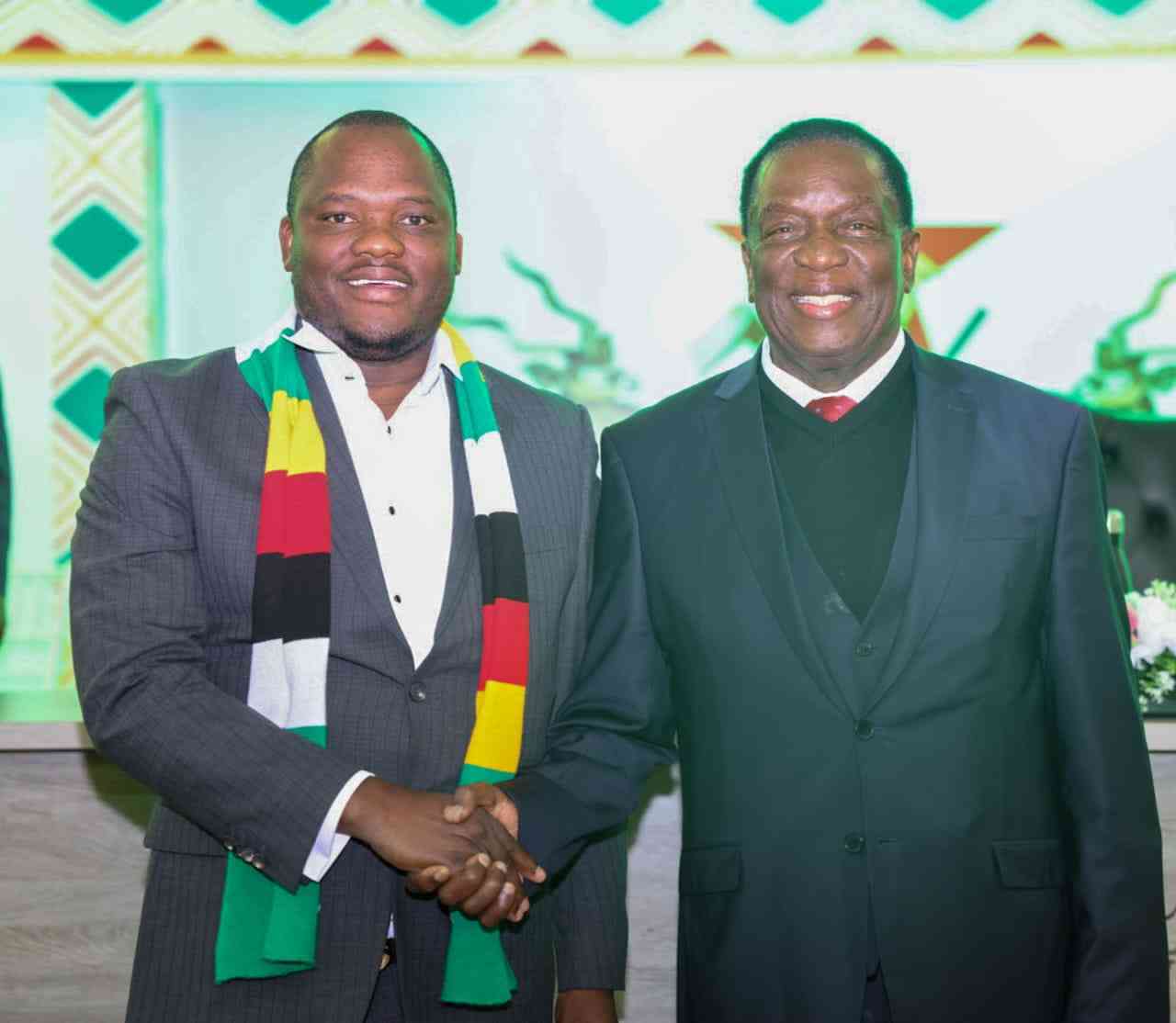
In May 2013, the Movement for Democratic Change (MDC-T) launched a set of policies that will guide its government when it assumes power — Agenda For Real Transformation (ART).
Sunday View with Shakespeare Hamauswa
In the introduction, the MDC clearly states that it seeks to ensure a democratic transition based on non-violent means.
Through this, it hopes to establish a sustainable growth path under an inclusive environment. Thus, by committing itself to a peaceful transformation the MDC-T will be able to usher in a new era in Zimbabwean politics characterised by peaceful coexistence, mutual respect and understanding.
The ART acknowledges the relationship between politics and economic growth. Although the relationship between political and economic development remains a chicken and egg debate, there are strong assumptions and tangible evidence to support the view that democracy can lead to a sustained and equitable economic growth.
Therefore, there is hope in ART that resources in Zimbabwe such as diamonds, gold and land will be shared equally in a transparent manner.
Nevertheless, a new government in Zimbabwe needs to strike a balance between democratic demands and promises on the one hand and economic growth on the other.
Most democratic governments have a tendency of emphasising redistribution ahead of growth. What is required for development is more savings and less consumption.
- Chamisa under fire over US$120K donation
- Mavhunga puts DeMbare into Chibuku quarterfinals
- Pension funds bet on Cabora Bassa oilfields
- Councils defy govt fire tender directive
Keep Reading
Unfortunately, in Zimbabwe it has been less consumption for the civil servants and the general public while ministers and top government officials have been living large.
Therefore, to be successful, the MDC government should be prepared to forgo other dubious benefits that government officials have been enjoying since 1980.
The ART also explains the meaning of MDC’s change agenda. In the foreword of the ART, the president of the MDC-T states, “…while we remain steadfast on the change agenda, we have always been conscious of the fact that change alone is not enough.”
What they intend to do is to transform the economy and the political culture through the application of the tenets of transformational leadership, in order to adequately respond to the people’s basic needs.
This clearly dispels the machinations by its adversaries who have been constantly saying the MDC offers nothing to the electorate beyond the change mantra. Coming up with the ART clearly shows that they really have something to offer.
Again presenting colourful policies and programmes is not enough, for it only shows craft competence, which needs to be clothed with tequally important skill — craft literacy.
MDC leaders from all parliamentarians to senators should be well-versed with the policy documents and the thrust of the party’s transformation agenda.
For the past four years, the MDC has indicated that it has the good calibre of leaders that can stand and articulate party policies.
Obviously, problems have been encountered here and there, but what is important is fulfilling the letter and spirit of their policies. When this happens, the real transformation will be achieved.
The need to transform the rural areas is one of the key developmental areas mentioned in the ART. This comes at a point when the government had neglected the rural areas around the country.
Maybe it was because attention has been diverted to commercial farming areas and on how to regain support in urban areas.











